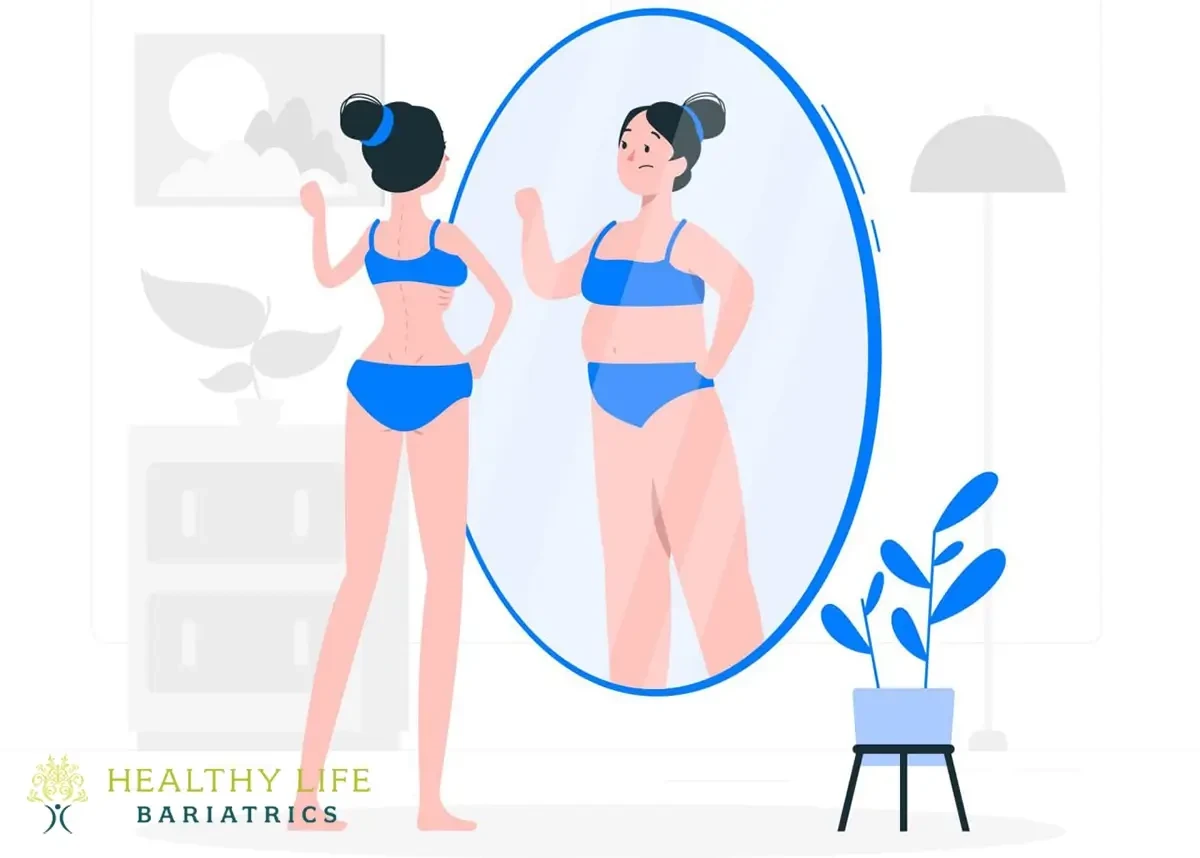Body dysmorphia, a mental health disorder, can be caused by a variety of factors. Rapid weight loss, either through dieting, exercise, or medical procedures, can contribute to the development of body dysmorphia. This drastic change in body shape and size can cause the individual to develop an unrealistic perception of their body, leading to dissatisfaction and distress.
Additionally, societal pressure and the media's portrayal of the "ideal" body can also play a role in the development of body dysmorphia. Constant exposure to unrealistic beauty standards can contribute to a distorted body image and a preoccupation with perceived flaws.
The brain may struggle to catch up to these physical changes, leading to a distorted body image. Despite weight loss or changes in appearance, the individual may still perceive themselves as overweight or unattractive. This disconnection between physical reality and mental perception can be a major factor in body dysmorphia.
Seeking professional help to work on mental health is crucial in addressing body dysmorphia. Therapy, medication, and support groups can aid individuals in challenging and changing their distorted body image. It is important to address the underlying psychological issues and develop a healthier relationship with one's body.




